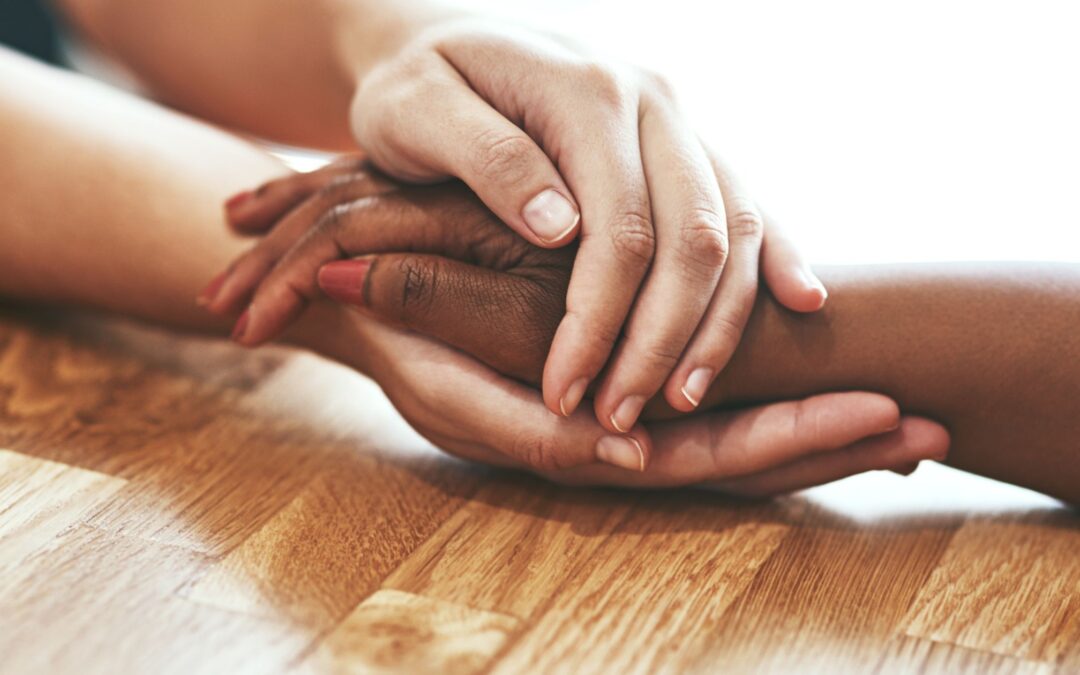The Journey to Holding Space: Embracing Deep Listening and Self-Compassion
Introduction
In the bustling symphony of life, we often find ourselves caught in the whirlwind of our thoughts, unable to truly listen to others. The concept of “holding space” may be new to many of us, but it’s a practice that however messy things maybe for you or someone space is held without judgment and focused on the present. Holding space can lead to profound personal growth and more meaningful connections with others. For me, this journey began as I realized the importance of deep listening and sought to cultivate this skill in my life. In this blog, I will share my experiences, challenges, and the valuable insights I’ve gained along the way.
The Quest for Deep Listening
Deep listening, a cornerstone of holding space for others, is a skill that requires patience, empathy, and a conscious effort to be fully present in the moment. It involves setting aside our own judgments, advice, and experiences to focus intently on what the other person is saying. It’s about creating a safe and open space where they can express themselves without fear of judgment or interruption.
My personal journey toward deep listening began as I recognized my tendency to offer advice, solutions, or share my own experiences whenever someone confided in me. While my intentions were good, I realized that this habit often overshadowed the importance of simply being there for the other person. I decided that deep listening would be one of my many mindful goals for the year.
The Challenges of Deep Listening
I won’t sugarcoat it; deep listening is challenging. It requires a conscious effort to tame the inner chatter and stay fully engaged with the speaker. I often found myself drifting into my own thoughts, mentally scripting responses, or becoming triggered by the emotions expressed by the person talking to me.
At times, I felt like I was judging myself for not being a better listener. This self-judgment, however, was a hurdle I needed to overcome on my journey to holding space for others. As Roshi Joan Halifax, the author of “Standing at the Edge,” wisely points out, being kinder to ourselves allows us to be kinder to others. Self-compassion is an essential component of deep listening and holding space.
The Role of Self-Awareness
To enhance my ability to hold space for others, I embarked on a path of self-awareness. My practices included regular meditation sessions, therapy sessions, and open conversations with friends and family. These practices not only deepened my understanding of myself but also helped me become more mindful of my own thoughts and emotions. Self-awareness became the cornerstone of my journey, allowing me to recognize and address my tendencies to judge myself, judge others and become distracted while listening to others.
Stop Holding Space
The path to holding space for others through deep listening is a transformative journey that requires self-awareness, unselfishness, and a commitment to growth. It’s not about being a perfect listener but about creating an environment where people can share their thoughts and feelings without fear.
As I continue my quest to deepen my ability to hold space for others, I remind myself that it’s okay to stumble along the way. Each moment of self-awareness, every meditation session, and every conversation brings me closer to the goal of being a more empathetic and compassionate listener.
So, if you find yourself on a similar journey, remember that it’s not just about holding space for others but also about holding space for yourself. Embrace self-compassion, and as you become kinder to yourself, you’ll naturally become kinder to those around you. Deep listening is not just a gift to others; it’s a gift to yourself as well, fostering personal growth and more meaningful connections.

